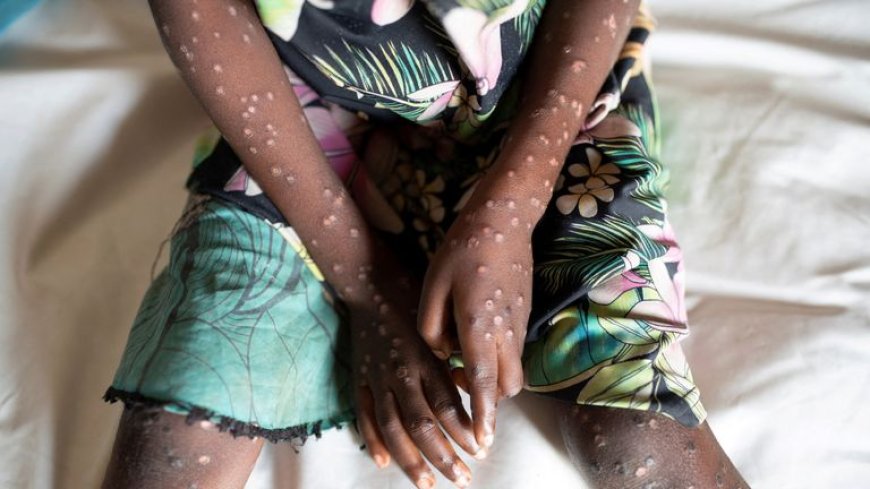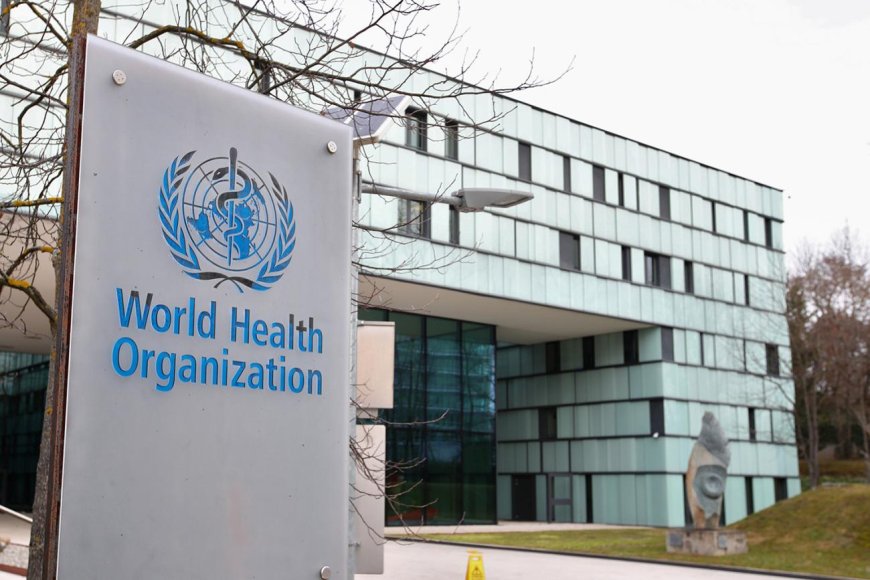Mpox Declared Global Health Emergency
This strain had previously been contained to the Democratic Republic of Congo (DRC), which had earlier seen over 14,000 cases and 511 deaths reported.

The World Health Organization on Wednesday, August 14 declared the ongoing Mpox outbreak in Africa a global health emergency.
WHO convened its emergency Mpox committee amid concerns that a deadlier strain of the virus, clade Ib, had reached four previously unaffected provinces in Africa.
This strain had previously been contained to the Democratic Republic of Congo (DRC), which had earlier seen over 14,000 cases and 511 deaths reported.
Independent experts on the committee met virtually to advise WHO Director-General Tedros Adhanom Ghebreyesus on the severity of the outbreak.

World Health Organization offices in Geneva, Switzerland. /THINK GLOBAL HEALTH
After that consultation, he announced that he had declared a public health emergency of international concern, the highest level of alarm under international health law.
“This is something that should concern us all ... The potential for further spread beyond Africa and beyond is very worrying,” said WHO director-general Tedros Adhanom Ghebreyesus.
Also known as PHEIC (Public Health Emergency of International Concern), this is a status given by WHO to “extraordinary events” that pose a public health risk to other countries through the international spread of disease.
These outbreaks may require a coordinated international response, according to the organization.
With such a status, there will be increased scrutiny among travellers from African States affected by the disease including Kenya as well as more joint efforts to stem the spread of the disease.
The highly contagious disease, characterised by flu-like symptoms and pus-filled lesions, has spread beyond Congo's borders, affecting countries such as Burundi, the Central African Republic (CAR), and Rwanda.







